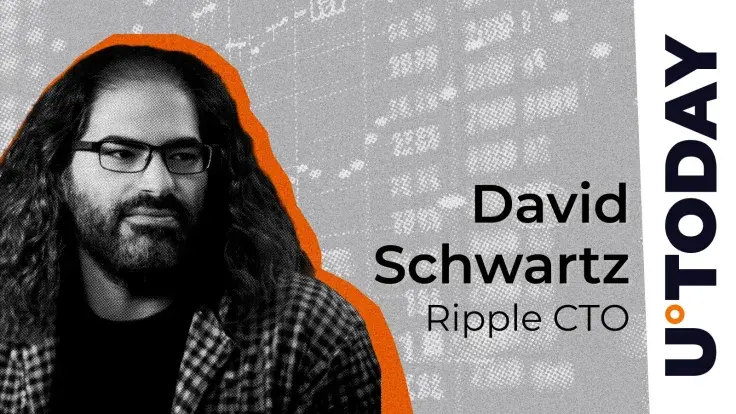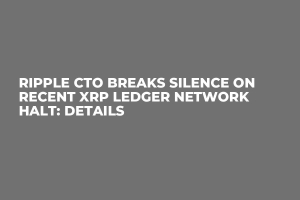
Disclaimer: The opinions expressed by our writers are their own and do not represent the views of U.Today. The financial and market information provided on U.Today is intended for informational purposes only. U.Today is not liable for any financial losses incurred while trading cryptocurrencies. Conduct your own research by contacting financial experts before making any investment decisions. We believe that all content is accurate as of the date of publication, but certain offers mentioned may no longer be available.
Ripple CTO David Schwartz has responded to a conversation about Automated Market Maker (AMM) liquidity, addressing an important aspect of liquidity provider (LP) tokens. The conversation on X concerned the dynamics of LP tokens and their implications for liquidity pools.
The discussion on X sought to clarify the implications of locking LP tokens in blackholed accounts and if this means burning them. X users argued whether burning these tokens would distribute the value to the other LP token holders. An X user believes that locking in this manner also locks the fees that accrue to them.
Senior Software Engineer at RippleX Mayukha Vadari, who joined the discussion, explained: "An LP token represents your share of the pool. If you burn it, the liquidity you deposited can be withdrawn by others. The only way to keep the liquidity in the pool is to blackhole the LP tokens."
Schwartz responded by shedding light on a common misconception. He highlighted that fees earned by the AMM don’t just disappear — they become increased liquidity for the AMM: "The fees earned become increased liquidity for the AMM. The economics of whether that will turn into increased value for the issued token is complicated, but arguably a larger AMM is better for the token than a smaller one."
More on XRP Ledger AMMs
Automated Market Makers (AMMs) provide liquidity in the XRP Ledger's decentralized exchange. Each AMM holds a pool of two assets. You can swap between the two assets at an exchange rate set by a formula.
Those who deposit assets into an AMM are called liquidity providers. In return, liquidity providers earn LP tokens from the AMM. Liquidity providers can redeem their LP tokens for a share of the AMM pool's assets, including any fees received. An AMM determines its exchange rate based on the balance of assets in the pool.
An AMM gives generally better exchange rates when it has larger overall amounts in its pool, as highlighted by Ripple's CTO. This is because any given trade causes a smaller shift in the balance of the AMM's assets.
Trading fees generate passive income for liquidity providers. They offset the currency risk of letting others trade against the pool's assets. Trading fees are paid to the AMM rather than directly to liquidity providers. Liquidity providers profit from the ability to redeem their LP tokens for a percentage of the AMM pool.


 Tomiwabold Olajide
Tomiwabold Olajide Caroline Amosun
Caroline Amosun Dan Burgin
Dan Burgin Godfrey Benjamin
Godfrey Benjamin